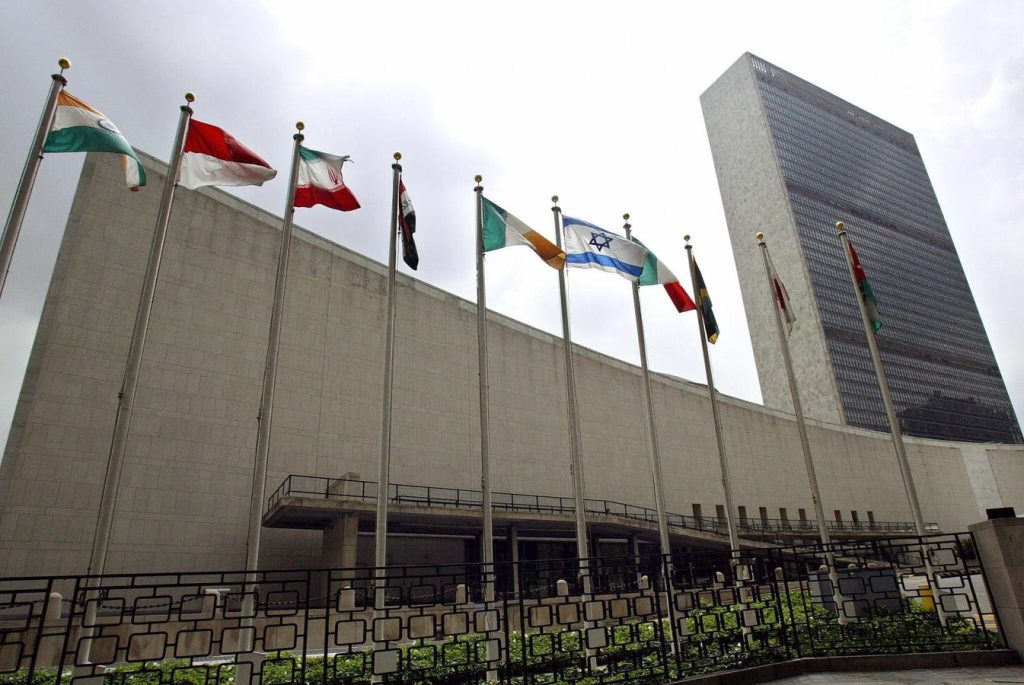This past week the United Nations in New York hosted the 16th annual Conference of State Parties (COSP) to discuss the various issues and progress around The Convention for The Rights of Persons with Disabilities. The CRPD as it is referred to is a human rights treaty adopted by the United Nations (UN) General Assembly back in 2006. This is a legally binding agreement between Member States who have signed the Convention and is designed to uphold, promote, and protect the rights of persons with disabilities outlined by the treaty. The bylaws of the CRPD instruct that States Parties (signatories to the Convention) shall meet regularly in a Conference of States Parties (COSP) to consider any matter regarding the implementation of the Convention. Since 2008, the COSP has been held annually at the UN headquarters in New York, covering a wide range of themes and issues in roundtables, interactive dialogues, and side events. Currently there has been a distinct demarcation between the relationship of business and that of human rights professionals, dignitaries, and various other policy leaders. It may be time to rethink the relationship of public and private partnerships across the landscape of civil society.
We are in an era of great social and cultural transformation; nothing represents that more than the rapid growth of the digital economy. It has redefined how we live in every capacity. It is time to think about developing more impactful lines of communication between business leaders and country representatives by having more fruitful conversations in this arena. In a time where businesses are reconsidering their values, and highlighting what matters, the areas of diversity, equity, inclusion, and accessibility as well as ESG have been amplified as fundamental tools for growth, creating a veritable bridge to pull organizations closer to this new arena where public policy and business can cohabitate in ways they never have before. Discovering opportunities that are inherent to basic human needs from healthcare, education, and employment are critical touch points where business and human rights can find a greater common ground. This new level of awareness opens the door to a greater understanding that each of these bodies shares a common goal, to find more effective solutions to benefit one’s quality of life. As we look toward the future of COSP and the growing relationship between business and human rights, it is imperative to highlight the significance of access as an essential ingredient of true culture change. Access to basic human needs from healthcare, education, employment, and more are vital to the human rights agenda but are also real opportunities for businesses to explore.
What this year’s COSP has shown us is a true grasp of the need for access, but more importantly an illustration of one of the mechanisms to make that happen stemming from the role of Assistive Technology or AT. Assistive Technology is seen as an umbrella term related to the systems and services for the delivery of assistive products and services to improve an individual’s functioning and independence, thereby promoting their well-being. These include a suite of products from hearing aids, wheelchairs, communication aids, spectacles, prostheses, and pill organizers to memory aids According to the World Health Organization more than 2.5 billion people globally require one or more assistive products. It is because of this that human rights leaders and State parties must look towards expanding their network and engage with C-Suite executives, entrepreneurs, accelerators, and academic institutions to recognize the opportunities set before them.
We are in the nascent stage of these conversations, but we have come to an inflection point where human rights diplomacy and business serve the same master, finding opportunities for greater creativity and innovation to impact a better future. In the next Mindset Matters column, we will do a deeper dive into how the COSP served as a platform for change as seen by the buy-in from State parties as well as how the cultivation of academic and business institutions are galvanizing AT and redefining the Disability Economy once again.
Read the full article here










